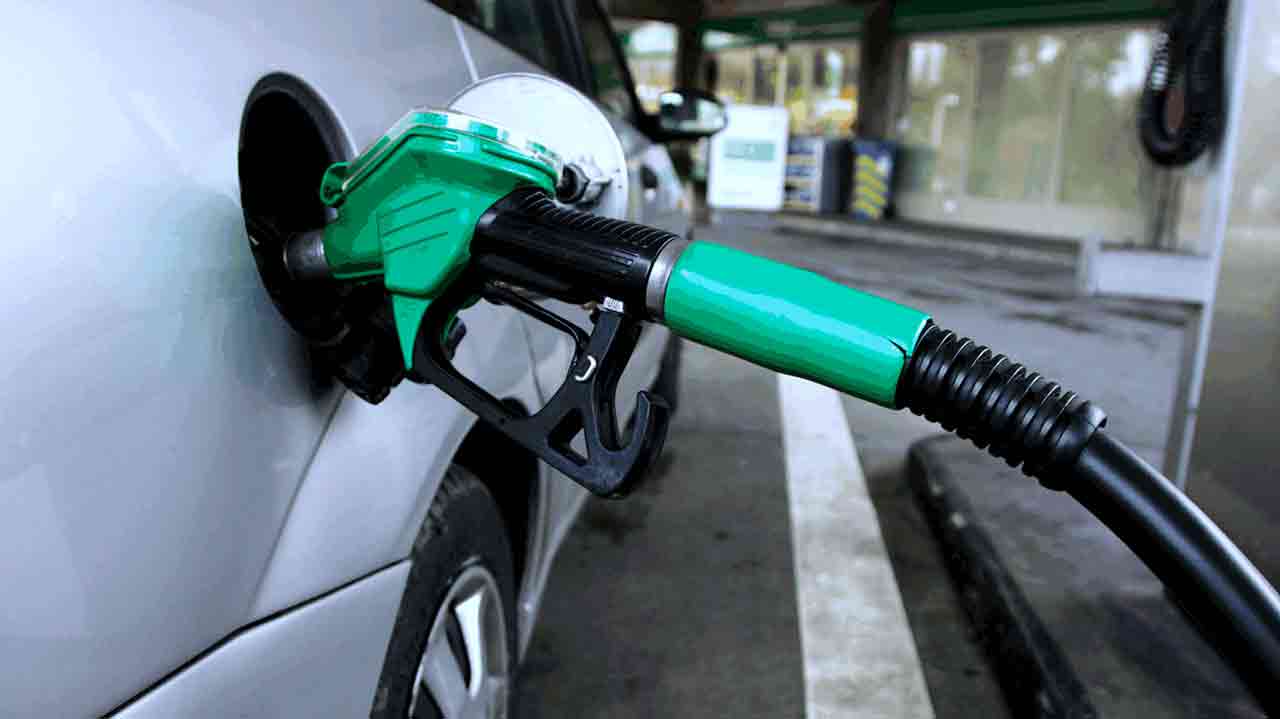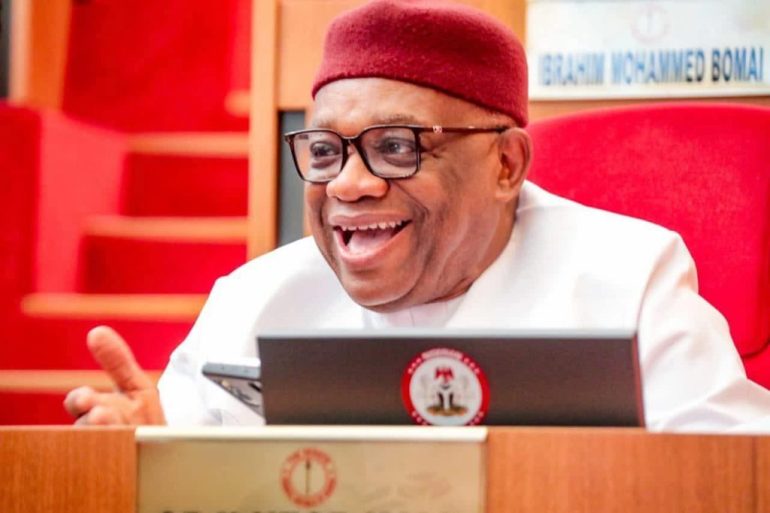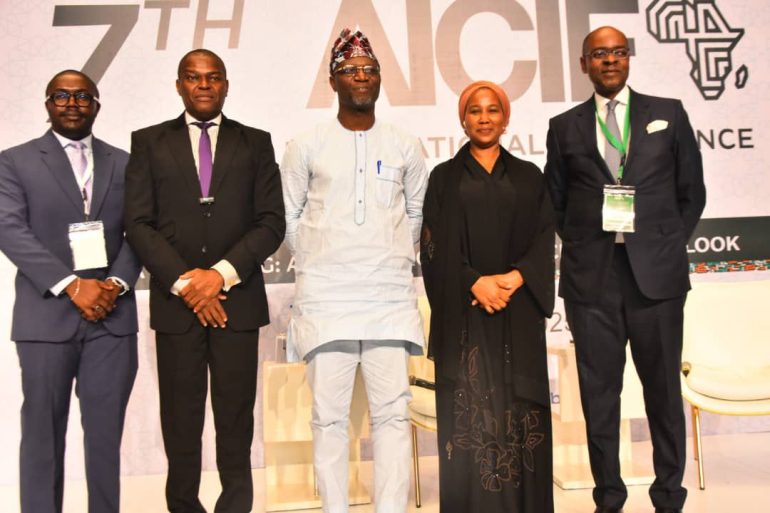Listeners:
Top listeners:
-
play_arrow
104.9FM Best rock music demo
-
play_arrow
Demo Radio Nr.1 For New Music And All The Hits!
-
play_arrow
Demo Radio Techno Top Music Radio
-
 play_arrow
play_arrow
Police Commissioner Launches Weapon and Riot Control Training for FCT Officers Democracy Radio

By Oluwakemi Kindness|

As Nigeria moves to implement a 15% import duty on petrol and diesel by November 21, energy analyst Olatide, Jeremiah, CEO of PetroleumPrice.ng, has called on the Federal Government to slow down and ease the burden on citizens.
Jeremiah warned that rushing the policy could worsen inflation and push the pump price of petrol beyond ₦1,000 per litre, unless key adjustments are made to support local refining and stabilize the market.
“The government should extend the 30-day transition window to at least six months or one year,” he said during a live interview on Money Matters on Democracy Radio 104.9 FM, Abuja.
“Local refineries should also be allowed to buy crude oil in Naira instead of dollars. That will drastically reduce the cost of petrol to around ₦400–₦500 per litre.”
Jeremiah explained that the Dangote Refinery and several modular refineries still purchase a significant portion of their crude oil in dollars, a major reason fuel remains expensive locally, despite Nigeria being an oil-producing country.
According to the energy expert, fixing supply bottlenecks and ensuring steady access to crude oil for local refineries should be the government’s top priority.
He also urged authorities to invest in alternative energy options that can help reduce dependence on petrol.
“Nigeria must take CNG, solar, and electric vehicle infrastructure seriously,” Jeremiah noted. “Compressed Natural Gas is cleaner, cheaper, and readily available. If we encourage its use for cars and buses, we’ll save billions and ease pressure on petrol demand.”
At present, Nigeria has fewer than 200 CNG stations compared to over 40,000 petrol outlets, a gap Jeremiah said highlights the country’s slow progress toward energy diversification.

The new 15% import duty, approved by President Bola Tinubu through an executive order dated October 21, 2025, is intended to promote local refining and reduce import dependence.
However, Jeremiah believes that the timing is off.
“It’s a good policy on paper, but it’s coming at the wrong time,” he cautioned. “People are still recovering from subsidy removal and currency devaluation. The government should first fix local supply and power challenges before adding new burdens on citizens.”
He further called on the Nigerian Midstream and Downstream Petroleum Regulatory Authority (NMDPRA) and the Federal Inland Revenue Service (FIRS) to suspend the implementation until refineries can reliably source crude oil in Naira.
With just days to the November 21 deadline, Jeremiah’s call adds urgency to the growing conversation around balancing reform with public welfare.
He insists that a longer transition period, a Naira-based crude supply system, and investment in CNG and renewables will make the policy both sustainable and people-friendly.
Written by: Democracy Radio
#DemocarcyRadio #Energy Sector #Federal Government of Nigeria #Fuel Import Duty #Nigeria Economy #Olatide Jeremiah #PetroleumPrice.ng
Similar posts
Nigeria’s Non-Interest Capital Market Hits ₦1.6 Trillion, Says SEC DG Agama
todayNovember 5, 2025 2
Copyright Democracy Radio -2024


